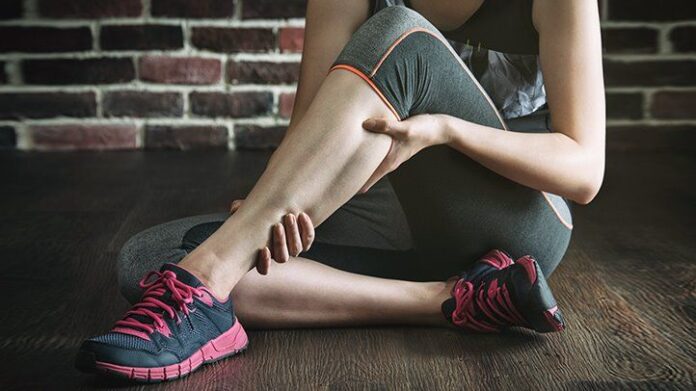Leg cramps are sudden, painful muscle contractions that typically occur in the calf muscles but can also affect the thighs or feet. They are often harmless and may be caused by factors such as dehydration, overuse of muscles, electrolyte imbalances, or underlying health conditions. Here are some remedies that may help alleviate leg cramps:
- Stretching: When a leg cramp strikes, gently stretching the affected muscle can help relieve the pain. Straighten your leg and flex your foot towards your body. Hold the stretch for about 30 seconds or until the cramp subsides.
- Massage: Massaging the cramped muscle can promote relaxation and relieve tension. Use your hands or a massage tool to apply gentle pressure to the affected area.
- Heat or Cold Therapy: Applying a warm compress or taking a warm bath can help relax the muscles and reduce cramp intensity. Alternatively, some people find relief by applying a cold pack to the affected area.
- Hydration: Dehydration can contribute to leg cramps, so it’s essential to stay properly hydrated. Drink plenty of water throughout the day, especially if you are physically active or in hot weather.
- Electrolyte Balance: Imbalances in essential minerals like potassium, calcium, magnesium, and sodium can trigger leg cramps. Eating a balanced diet that includes foods rich in these minerals or taking supplements under medical guidance may help.
- Gentle Exercise: Regular, low-impact exercises like walking or swimming can improve circulation and muscle flexibility, reducing the frequency of leg cramps.
- Avoiding Overexertion: Avoid overworking your muscles and take regular breaks if you engage in strenuous activities or exercise.
- Proper Footwear: Wearing supportive, comfortable shoes can help prevent leg cramps, especially during physical activities.
- Nighttime Leg Cramps: If cramps commonly occur during sleep, try placing a pillow under your legs to elevate them slightly, which may improve blood flow and reduce cramping.
- Medications: In some cases, over-the-counter pain relievers or muscle relaxants may be used to alleviate severe leg cramps. However, consult with a healthcare professional before using any medications.
If leg cramps are frequent, severe, or interfering with your daily activities, it’s essential to consult a healthcare professional. They can help determine the underlying cause and recommend appropriate treatments or lifestyle adjustments.



